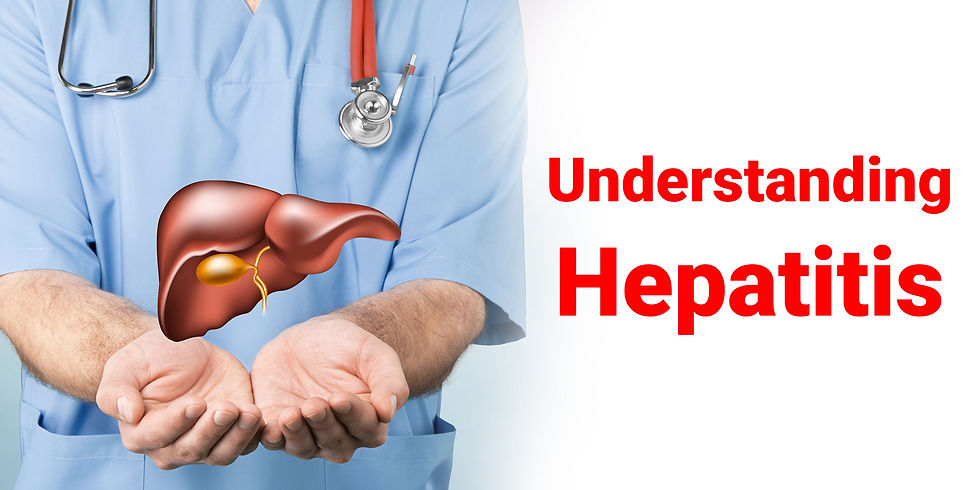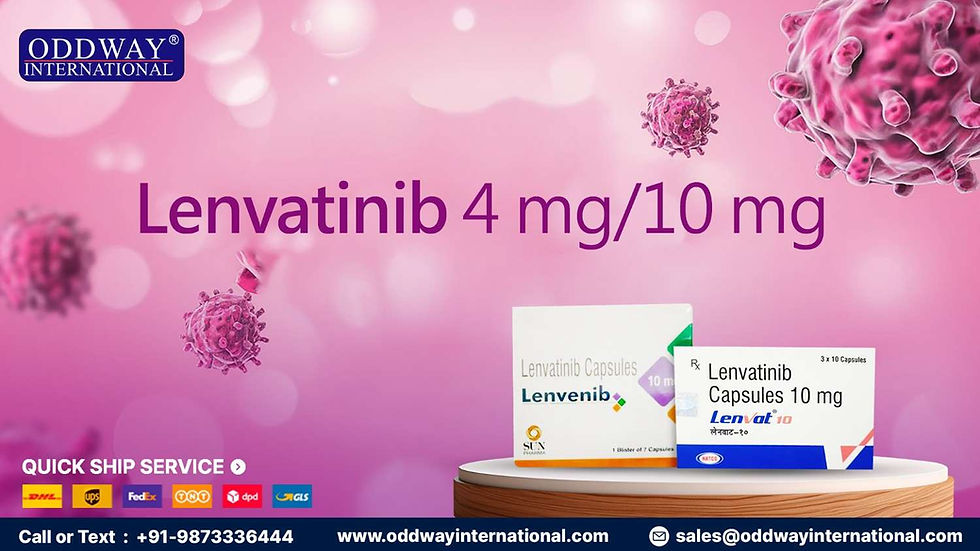The Best Medicine for Hepatitis: An Informative Overview
- robertbert4933
- Jul 30, 2025
- 2 min read

Hepatitis refers to the inflammation of the liver, and hence, various causes may be attributed to it. At times, it is caused by viral infection; other times, it is due to alcohol; then auto-immune disorders and adverse drug reactions could be other instances. This type of hepatitis is best treated according to whether the type is A, B, or C, related to the type of underlying cause and the extent of advanced level the disease has reached. The best medicine for hepatitis and an accurate diagnosis need to be reached before the treatment, and diagnosis will take place as soon as possible before complications set in, such as liver fibrosis, cirrhosis, or liver carcinoma.
Hepatitis A: Supportive Treatment
Acute viral infection passes through contaminated food and water, especially. It does not require antiviral therapy in most cases. The best medicine for hepatitis A should be geared towards providing supportive care to alleviate the symptoms and support liver functioning. Normally, this would include rest, hydration, and a healthy diet; sometimes, some pain relievers or antiemetics can be used. The illness is usually self-limiting, lasting a few weeks; full recovery can be expected from it.
Hepatitis B: Antiviral Therapy
Hepatitis B may become chronic and cause long-term liver-related problems if not correctly treated. The best medicine for hepatitis B includes antiviral drugs like tenofovir, entecavir, and pegylated interferon alpha. These drugs suppress the hepatitis B virus, thereby reducing liver inflammation and consequently lessening the risk of liver failure and liver cancer. Some patients might be on therapy for the long term, depending on their liver enzyme levels and viral load.
Hepatitis C: Direct-Acting Antivirals
It was a viral disease that was once difficult to treat, but now has excellent treatment options. Direct-acting antivirals (DAAs) such as sofosbuvir, ledipasvir, and velpatasvir are the current best medicine for hepatitis C. These drugs act on a few specific proteins known to be involved in the replication cycle of the virus and thus give rise to the total elimination of the virus in over 95% of cases. Treatment duration ranges between 8 and 12 weeks, and for most of the patients, the are well tolerated.
Treatment Procedure for Medicine-Induced Hepatitis
Medicine-induced hepatitis occurs when certain drugs cause inflammation of the liver as their side effect. Some common examples include overdose of acetaminophen, antibiotics, and herbal concoctions. The first step in the management of medicine-induced hepatitis is to discontinue the offending agent, and then provide supportive treatment for the restoration. Depending on the clinical picture, corticosteroids or other immunosuppressants could be used to diminish inflammation.
Conclusion
The understanding of treatment options forms the basis for optimal hepatitis control. Whatever your case, the best medicine for hepatitis A, long-term treatment for hepatitis B, or curative treatment for hepatitis C, you should seek assistance from medical personnel. Therefore, the early recognition and treatment of medicine-induced hepatitis will save the liver from being seriously damaged.
Given the right diagnosis for a patient and the best medicine for hepatitis, the patient can regain a great deal of liver function and good health. Evidence-based treatment for the individual case gives the best prognosis.



Comments